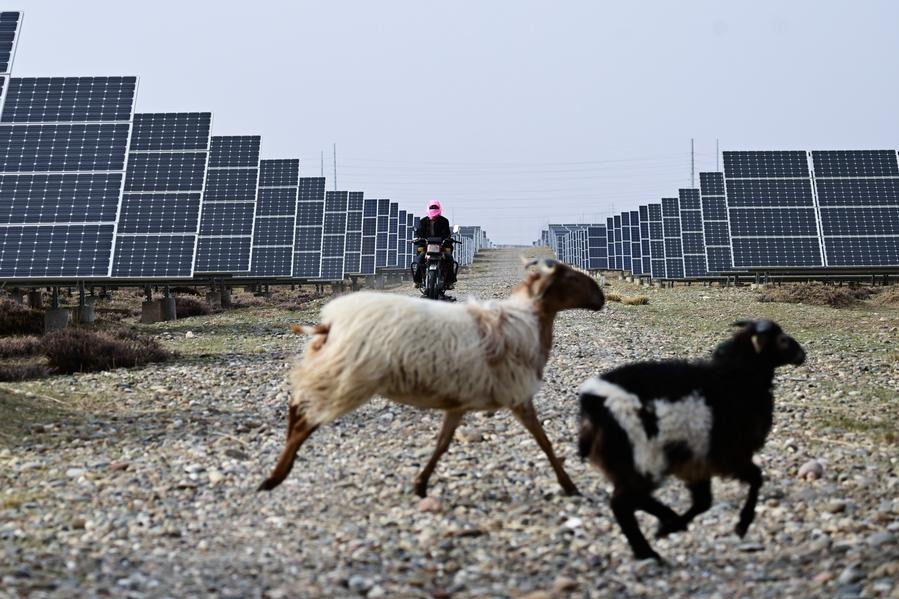Healthy interdependence in interest of China, EU

The past three years have been very special in terms of geopolitics, due to the COVID-19 pandemic, especially 2022, and this has had a strong impact on the global economy. This period has shown the drawbacks of globalization as it has developed in the past, including the fragility of supply chains.
With the global economy now facing significant challenges, including energy shortages, slowing growth and high inflation, China's optimization of its COVID-19 response measures provides a much-needed and timely boost.
In early December, President Xi Jinping and Charles Michel, president of the European Council, met in Beijing to discuss the European Union's economic and political relationship with China. Some of the main focuses of the meeting were to discuss the development of the two sides' economic relations, trade and technology.
The 53rd annual meeting of the World Economic Forum, with the theme "Cooperation in a Fragmented World", opened in Davos, Switzerland, on Jan 16. On the second day, Vice-Premier Liu He gave an impressive speech, in which he emphasized the need for strengthening international cooperation, safeguarding global economic stability and promoting economic re-globalization. "If we work hard enough, we are confident that growth will most likely return to its normal trend, and the Chinese economy will see a significant improvement in 2023," he said.
He announced that Beijing will focus on boosting domestic demand this year, so imports are also set to increase.
According to some macroeconomic analysts' forecasts, the Chinese economy will grow 5 percent or more this year as a result of the country's recovery from COVID-19 disruptions.
In my opinion, a three-pole world economy is currently developing in which all three players — the United States, the European Union and China — are trying to keep, strengthen or establish their position. One of the players (the US) is striving for a form of cooperation in which it can keep its leading role in the longer term and at the same time weaken the other two players.
They are the world's three largest trading partners as well as each other's major trading partners.
However, in this situation, all three players are also interdependent, partly because of the demand generated by the other two markets, and partly to meet consumer demand from them and from their own markets.
In this "game", China, which has become the world's second-strongest economic power, is indispensable and inescapable.
In my view, the globalization of the world economy that has taken place over many years may now be lessened, but it is not reversible. The economies of all countries are dependent on other players. The unforeseen dramatic negative effects of COVID-19 have created a new situation in global supply chains, bringing some change in the diversification of production. This will certainly start a cycle of some companies (mainly US-based) taking production out of China, but many will stay and new ones will come in because of the advantages of the Chinese market.
China is the most important trading partner of the EU. In 2021, the EU and China traded goods worth about 696 billion euros ($745 billion). This represents about 16 percent of all EU trade in goods. In the trade balance, China has a surplus in goods exports, while the EU has a surplus in service exports.
The development of globalization has established mutual economic dependencies, as the pandemic has highlighted. Europe highly depends on Chinese imports for the pharmaceutical, chemical and electronics sectors, mostly on components produced in technologically less sophisticated areas of the value chain.
Economic dependence cuts both ways. The EU is one of the largest foreign investors in China, as well as an important market and source of know-how.
Overall, the relationship is important for both sides, and they have invested a lot of time and efforts to reach the recent level of their partnership. EU-China economic relations should not be constrained by an overblown perception of economic vulnerability; the two sides should instead build on their relative strengths.
A healthy level of economic interdependence is in the joint interest of the EU and China.
The author is president of the Hungarian-Chinese Chamber of Economy.

































